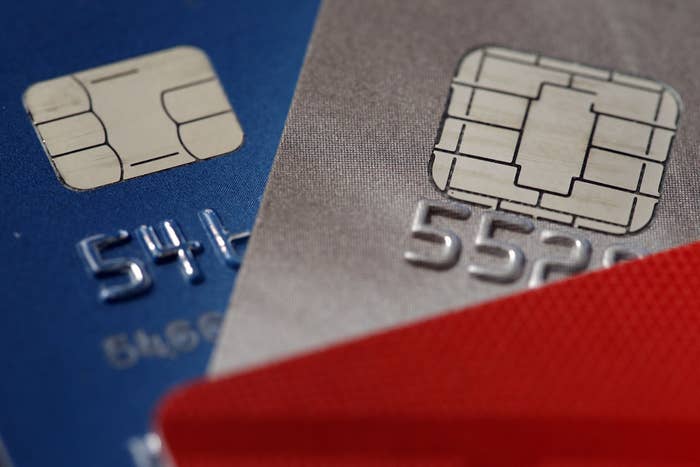
Obama-era rules targeting prepaid debit cards and mobile payment apps are now unlikely to kick in until 2018 — if they survive until then at all.
Republicans have signalled their intent to scrap the entire set of rules, which restrict overdraft charges, require fees to be clearly disclosed and introduced fraud protections on two fast-growing sectors of the financial industry. The rules were completed in the final months of the Obama administration, making overturning them a fairly straightforward task for Congress and the President.
On Thursday, the Consumer Financial Protection Bureau proposed delaying implementation of the rules until 2018, saying companies need more time. The original deadline was this October, and to comply with the rules, companies that issue cards needed print up new disclosure paperwork, build new software, and even physically make new cards.
The rules have come under fire from the industry they target. The Electronics Transactions Association, whose members include banks, payment processors, and prepaid card companies, supports the Congressional effort to kill the bill entirely.
"The proposed six months delay in the effective date demonstrates the complexity of the final rule," Scott Talbott, the head of government affairs for the ETA, told BuzzFeed News. "Our substantive concerns are not addressed by the delay."
Financial Innovations Now, a trade group that includes technology companies like PayPal and Google's parent company, Alphabet, whose digital wallet products will be affected by the rule, supported the delay. "FIN is encouraged that the Bureau is offering more time for implementation of the prepaid rule, in particular its willingness to consider substantive changes," Brian Peters, the director of Financial Innovation Now, said in a statement.
While the delay was welcomed in some quarters, the Republicans pushing to kill the regulations kept their eyes on the prize.
“Ultimately, the CFPB should scrap this rule altogether and I will continue working to protect consumers," said David Perdue, the Georgia Republican senator who sponsored the resolution to throw out the rule, in a statement.
Whether Perdue will succeed is still an open question. While some resolutions to overturn Obama-era rules quickly moved through Congress and were signed by President Trump shortly after his inauguration, the push to repeal the prepaid debit card rules "has stalled," wrote Isaac Boltanksy, an analyst at Compass Point. Boltanksy said the reversal has a 20% chance of success.
Consumer advocates say the rules are a common sense application of consumer protections that are standard for traditional credit and debit cards. Prepaid debit cards are used primarily by low-income people without access to the traditional financial system, and the CFPB has estimated consumers put $65 billion on them 2014 — a figure that could rise to $112 billion by 2018, when the new rules may finally be implemented.
For supporters of the rule — and of the CFPB itself — the proposal to delay implementation is evidence that the regulator is listens to industry concerns.
"The CFPB is being a reasonable agency that wanted the rule to work with industry," said Lauren Saunders, the associate director of the consumer advocacy group the National Consumer Law Center. "It has nothing whatsoever to do with the political situation, they just want to make sure it works smoothly."
